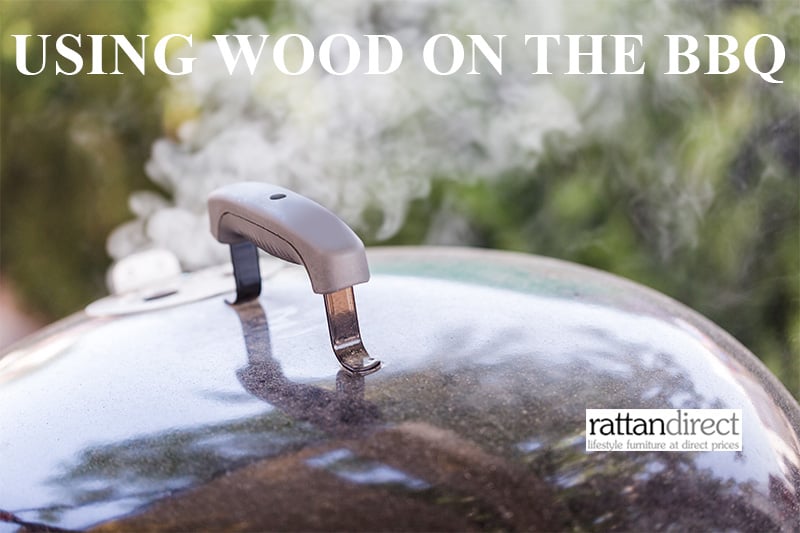Which wood for smoking?
Here in the UK, American style barbecue has been taking off in a big way. When the good folk of the US say barbecue, what they mean is the low and slow style of smoked meat that they excel at. Over there, cooking a burger or sausage over hot coals is known as grilling, and a different kettle of fish entirely.
Smoking, in culinary terms, is not limited to hunks of flesh over the barbecue though. Britain has a huge traditional industry of smoked fish and many restaurants make an elaborate show of presenting food in a diaphanous shroud of smoke that, hopefully, lends a subtle smoky flavour to the dish. Food all over the world has a tradition of smoking and it seems that a subtle hint of wood smoke on the palate is something to which we are hardwired to enjoy. Get the process right and you have another seasoning in your arsenal. Get it wrong and you have an ashtray in your mouth.
Wood chips or wood for smoking are not that easy to get in the UK. If you want something beyond Jim Beam or Jack Daniels branded wood chips, then you will almost certainly need to shop online. Which needs a bit of advance planning.
But which wood to choose?
Wood for smoking must be hard and properly dried. Hardwoods, including fruit and nut species, will burn slowly and evenly. Softwoods, largely that of conifers, must be avoided. Not only would it burn quickly and unevenly but the resin within can be harmful. Looking online for wood sold for purpose is a safe bet, but if you happen to know a local cabinet maker or live next door to an orchard then you may have found an alternative source. Most branded chips available in the UK are from well-known distilleries, so there’s a clue to another possible source.
Look for logs or chunks if you are planning on tackling a long session such as beef brisket or pork butt. These will burn slow and steady, giving you the time that you need to cook decent barbecue. You may come across pellets, but it is more likely in the UK that you will find wood chips. These will burn quickly, so you may need to keep adding them for larger pieces of meat.
What about flavour?
Like spices and seasonings, different woods are there to be experimented with and there are no hard and fast rules as to what matches what. Some woods are stronger than others, and are best kept for strongly flavoured foods, and once you have a handle on the process. Milder woods will impart delicate smoked flavours to the natural flavour of fresh produce.
Strong woods include; apple, hickory, mesquite, and walnut.
Milder woods include; cherry, maple, oak, and mulberry.
Sign up for our emails below, so we can send you blogs on gardening tips, as well as updates on our sales, so you don’t miss out on those garden furniture bargains!









